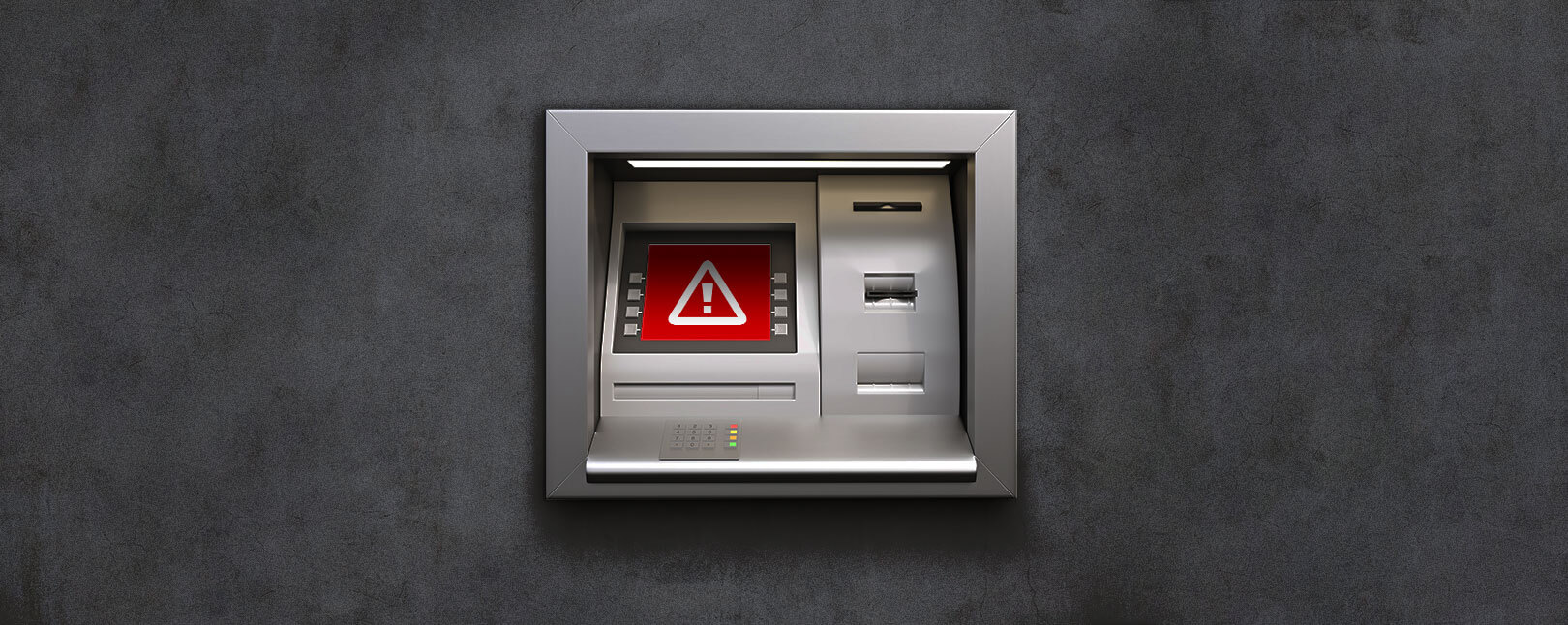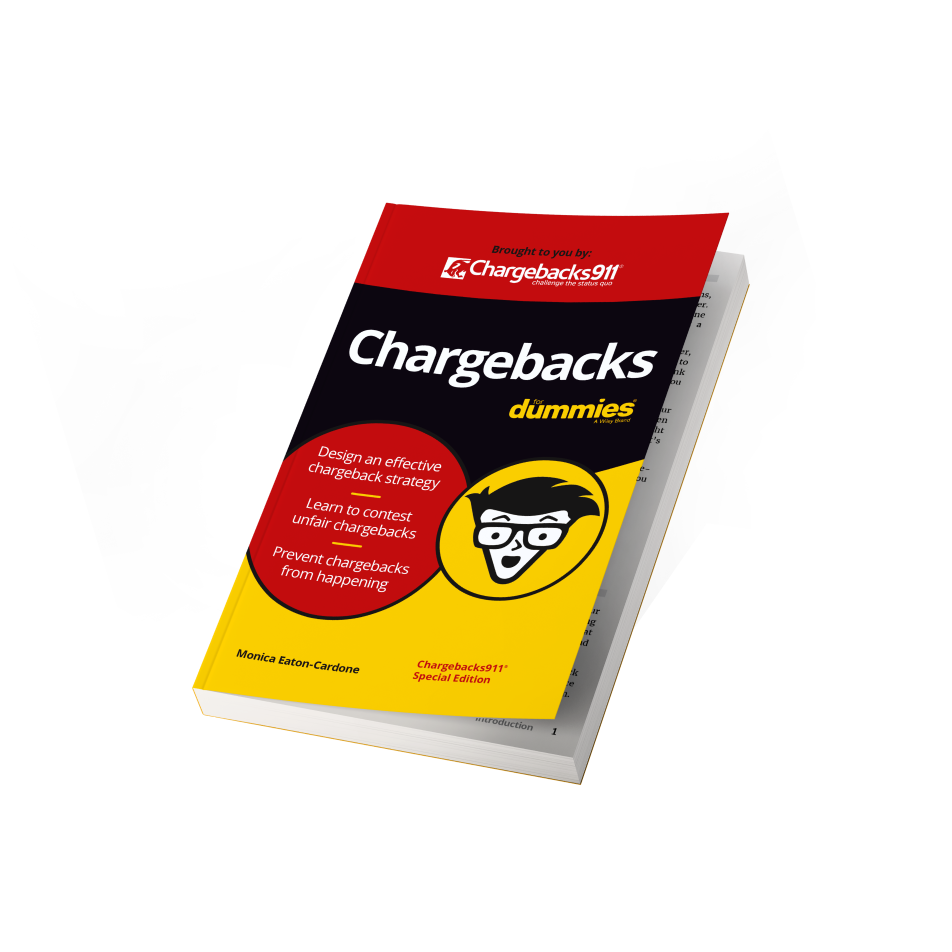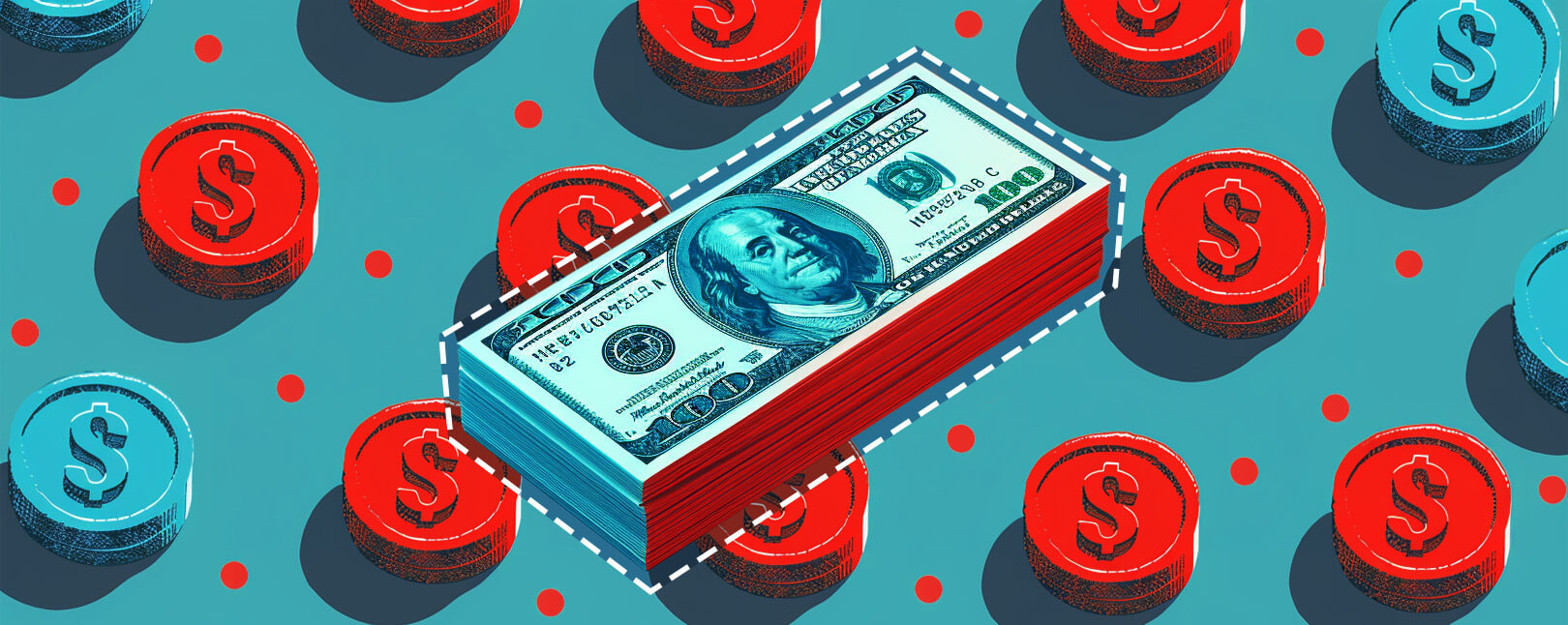Debit Card Chargebacks: How They Differ from Credit Disputes & Why it Matters
Pretty much everyone has a payment card these days. In fact, the average American has at least one debit card, plus four credit cards per person in 2021.
Cardholders tend to use these cards interchangeably, which can lead to problems, as there are significant differences between the two payment methods. When it comes to chargebacks, for instance, it’s important to understand the differences between credit and debit cards. This is true for cardholders, as well as you, the merchant.
In this article, we’ll take a look at these card types as they relate to chargebacks. We’ll see what stands out about debit card chargebacks, and discuss best practices for avoiding chargebacks across the board.
Recommended reading
- 3 Types of Payment Reversals: What’s the Difference?
- Provisional Credits: Here’s Everything You Need to Know.
- Here are the 5 Valid Reasons to Dispute a Charge
- 14 Chargeback Facts Exposing the Threat of Fraud in 2024
- How are Partial Chargeback Different From Other Disputes?
- Late Presentment: Why You MUST Submit Transactions on Time
What is a Debit Card Chargeback?
- Debit Card Chargeback
A debit card chargeback is a debit card charge that has been reversed by a bank. This often happens after a cardholder contacts their bank to dispute a transaction, claiming that it resulted from fraud or abuse. The bank then pulls the funds from the merchant's account, and returns them to the cardholder's account.
[noun]/* de • bit • kärd • chahrj • bak/
The debit card chargeback and credit card chargeback processes work the same way, in a general sense. In both cases, the cardholder disputes a claim made using their card, and the bank claws the funds back from your merchant account in response.
When used correctly, chargebacks offer a critical layer of consumer protection. If a debit cardholder becomes a victim of identity theft, they can get their funds back through a chargeback. This ensures consumer confidence in payment card technology. Chargebacks become a problem, though, when cardholders abuse the process (a practice known as friendly fraud).
How do Credit Card & Debit Card Chargebacks Differ?
The primary difference between payment cards is the level of fraud protection mandated by law.
When it comes to a dispute, debit card customers could have more to lose (in theory, at least). So, let's take a look at the different fraud protections mandated by law for three commonly-used card types:
Remember: the rules outlined above are the fraud liability mandates required by law. That’s not the end of the story, though.
Debit card chargeback time limits are determined based on the bank and the card network rules, plus the specific claim made by the cardholder. Banks can still opt to pursue claims on a customer's behalf, even if it's beyond the minimum required 60-day window.
When are Cardholders Encouraged to Use Credit Instead of Debit Cards?
There are some scenarios in which buyers are discouraged from using debit cards. This is because of the fraud liability and chargeback rights associated with each card type.
We should note first that most banks will go to great lengths to recover their customers’ money, or reimburse them for the loss. However, it's easy to see how credit card chargebacks could be given priority. After all, with a credit card, you’re dealing with the bank’s money, as compared to a debit card, which is tied to funds in a cardholder’s account.
Second, because of the decreased fraud protection, consumers are regularly warned against using their debit card in situations considered “risky.” These can include:
- Any Card-Not-Present Situation: Card-not-present transactions, especially eCommerce, carry a greater inherent risk of fraud.
- Purchases Requiring a Deposit: Using a debit card means the consumer’s cash is tied up until the deposit is returned.
- Restaurants: Because the card leaves the consumer’s sight, there is a greater risk of merchant fraud involved.
- Preorders: Chargeback time limits usually begin the moment the purchase is made. The deadline might expire before the consumer is aware of a problem.
- Recurring Payments: Consumers might forget about an upcoming charge, and have insufficient funds available when the transaction is processed.
- Travel Accommodations: There is a higher risk of compromised data if the information is stored for months pending upcoming travel arrangements.
Experts constantly advise consumers not to use a debit card in these situations. Instead, they suggest using credit cards, which offer more fraud protection.
You would think that, as a result, merchants that fall into these categories would be less likely to see a debit card chargeback. However, consumers don’t always follow expert advice. As a result, you could actually see more debit card chargebacks if you fall into one of these higher-risk categories.
How Debit Card Chargebacks Affect Merchants
As we outlined above, there’s a clear distinction between credit and debit card protections from the cardholder’s perspective. But for you, the merchant…there’s actually not a lot of difference.
Both credit and debit card chargebacks will result in lost revenue. You lose the cost of the initial transaction, as well as any merchandise shipped. You also get hit with a chargeback fee, which can range from $20 to $100 per transaction. This fee is non-refundable, regardless of the dispute outcome.
There are indirect costs to consider as well. For example, each chargeback means taking a hit to overhead costs like shipping and interchange fees.
Chargeback issuances add up over time. This will negatively affect your chargeback ratio, and could lead to your bank account being frozen or terminated altogether. You could then be placed on the MATCH List, which would bar you from getting another merchant account.
Can You Fight Debit Card Chargebacks?
The short answer is “yes.”
You never want to challenge a chargeback filed as a result of genuine fraud, or an error on your part. In these cases, you have to simply accept the claim. However, there are many cases in which you can—and absolutely should—fight back.
You should always respond to friendly fraud incidents, for example. Friendly fraud occurs when a cardholder files a credit or debit card chargeback before attempting to contact the merchant. As you might expect, the act of circumnavigating you for a “bank refund” is not considered proper procedure.
Unfortunately, friendly fraud has outpaced both criminal fraud and merchant error, and is now the leading cause of chargebacks. That's why you should never simply accept a debit card chargeback as a “cost of doing business. If you think it might be illegitimate, you have a responsibility to fight it.
How to Fight Debit Card Chargebacks
You can fight back against invalid chargeback debit card claims through a process called representment. While there is a lot that goes into this process, here’s a basic rundown of how it works:
Examine the Claim
The bank will supply you with a reason code to explain the claim made by the cardholder. You should compare the cardholder’s claim to the documentation you have on file to see if it’s valid.
Gather Evidence
You need evidence to fight an invalid claim. Acceptable documents can include transaction details, photographs, transcripts of conversations with the cardholder, and tracking/shipping information.
Draft a Rebuttal Letter
Your documentation must include a rebuttal letter, which explains the situation and makes a succinct, yet compelling argument for why the debit chargeback should be reversed.
Submit Your Documents
After reviewing all your documentation, the final step is to submit your claim to the bank. This must be done according to specific requirements (i.e. email, fax, physical mail, etc.).
Once you submit your case, your bank (the acquirer) will review it and forward it along to the issuer. It is then up to the cardholder’s bank to decide if your argument is sound or compelling enough to reverse the debit card chargeback. The bank could reject your claim and return the dispute. This action is called an “arbitration chargeback” for a Mastercard debit card chargeback, or a “pre-arb” for a Visa debit card chargeback.
Top 5 Tips to Prevent Debit Card Chargebacks
Debit card chargebacks are not going away on their own. In fact, cardholders filed 615 million chargebacks in 2021, and that number is going to keep climbing year-over-year.
You have to be proactive about this problem. So, with that in mind, here are five of our top tips for how to prevent debit card chargebacks:
#1 | Take Criminal Fraud Seriously
There are literally dozens of tactics that fraudsters can use to take advantage of you and your customers. Plus, they invent new schemes all the time.
Any good debit card chargeback management strategy will start with best practices to manage fraud risks. These include:
- Encouraging customers to create personal accounts for future purchases.
- Requiring strong passwords for accounts.
- Educating your staff on fraud tactics and developing trends.
- Deploying a multilayer fraud management strategy, backed by machine learning.
#2 | Deliver Excellent Customer Service
The average merchant can eliminate at least 20% of debit card chargebacks by optimizing their customer experience. Examples of practices to implement include:
- Promptly addressing all emails, phone calls and social media messages.
- Training staff with enhanced problem-solving and dispute-resolution skills.
- Offering round-the-clock, live customer service across all contact channels.
- Making contact information easily accessible from every page of your site.
#3 | Be Clear about Authorization Amounts
Consumers can be easily confused by authorization holds. For example, hotels often place a hold on the debit card for more than the agreed-upon rate, to cover potential damages and additional expenses.
While a credit cardholder might not notice the lowered available credit, a debit cardholder is more likely to be affected. If the merchant has authorized a charge that is more than the original transaction, the misunderstanding might cause the consumer to respond with a chargeback.
Be very clear with your customers regarding any authorization holds. Outline the amount, as well as the length of time the money may be held, before applying the hold. Remember that some banks will hold the pre-authorization funds for one to eight additional business days. This is why it's important to settle batched transactions as quickly as possible.
#4 | Simplify Returns
We want to clarify this point: it should always be easier for cardholders to request returns than to file chargebacks.
Returns may not be ideal, but they give you an opportunity to rectify the situation in a way that benefits both parties. The consumer gets a refund, and you avoid a chargeback. Plus, it provides a chance to build a stronger relationship with the customer, and even to recover the sale.
You want to clarify this to cardholders. Impress on them that contacting you will be much easier and faster than contacting the bank.
#5 | Get Help
In-house chargeback management has its limitations. For instance, it’s extremely difficult to positively identify friendly fraud and prepare a chargeback response within the tight timeframes allowed by banks and card networks.
The good news is that help is available.
Our free ROI analysis can show you just how much more you can earn by taking control of chargebacks. You can take the first step today to reduce your chargeback risk, recoup lost profits, and keep your business safe from debit card chargebacks.













